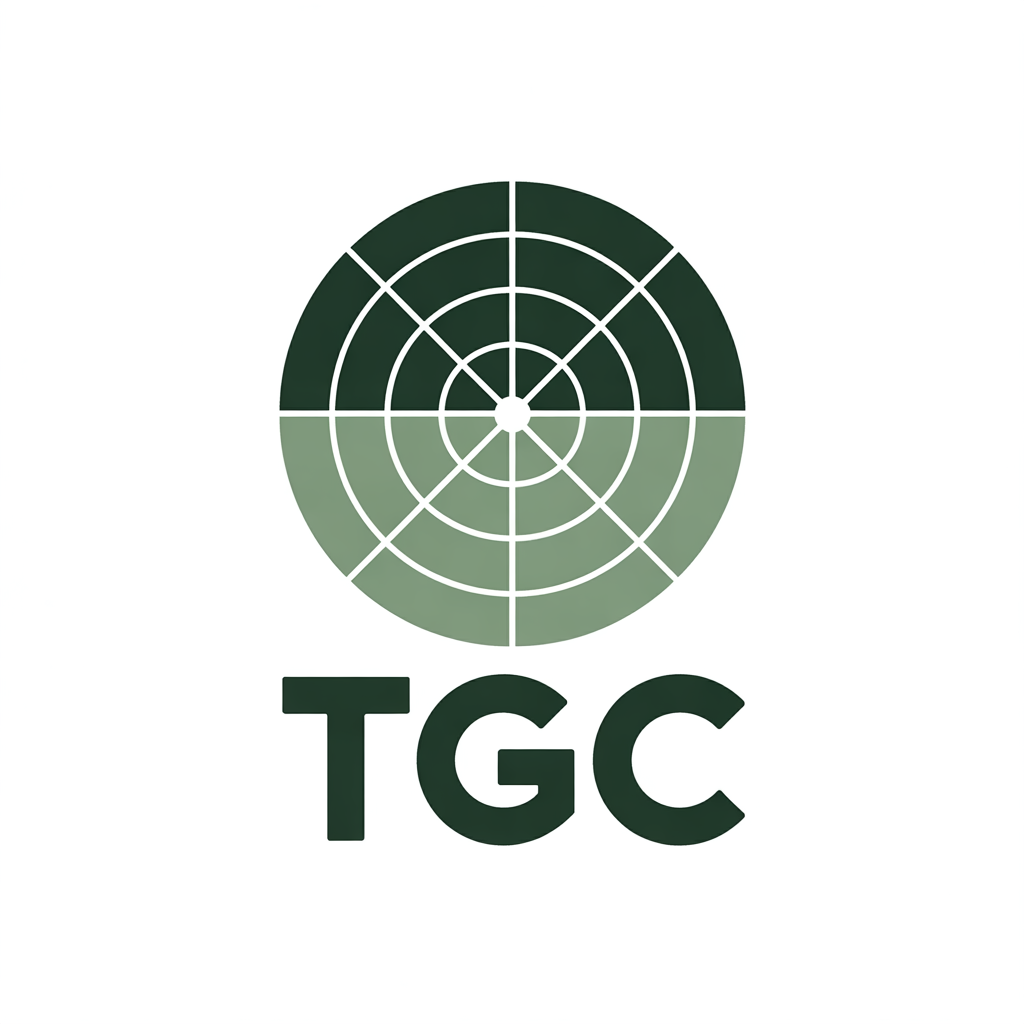A high-potential market with significant challenges
The prospect of legalizing online casinos in France is a topic of growing debate. While the current legal framework allows for online poker and sports betting, an estimated 4 million players are engaging with illegal online casinos, compared to 4.3 million players in the regulated market (sports betting, lotteries, and poker). The French gambling authority (ANJ) reports a channelization rate of 78% within its regulated sectors, but the key question remains:
If online casinos become legal in France, will French operators still have a chance to compete effectively against well-established international platforms?
This article provides a strategic analysis of the opportunities and challenges facing French operators should the market open.
1. The potential impact of legalization: a growth opportunity or a risky bet?
1.1. Increased visibility for regulated operators
Legalization would allow licensed operators to leverage advertising, sponsorships, and affiliation campaigns, significantly increasing their visibility. Currently, illegal operators thrive in a gray market where they rely on word-of-mouth, digital marketing loopholes, and offshore affiliations to attract French players.
However, a key concern remains: Will regulatory restrictions on marketing limit operators’ ability to compete? If authorities impose heavy restrictions—similar to those seen in the sports betting market—operators may struggle to effectively convert players from illegal platforms.
1.2. Leveraging cross-selling opportunities
Licensed online casinos would benefit from existing user bases in regulated markets (sports betting, lotteries, and poker). French operators could integrate online casinos into their platforms, offering a seamless experience across multiple products.
However, one must question whether this will genuinely increase the overall player value (Average Revenue Per User – ARPU) or simply redistribute existing spending across different gambling verticals. Without a net increase in consumer expenditure, the overall market growth might be limited.
1.3. Ensuring secure deposits, KYC, and transparent RTP
A regulated market guarantees secure deposits, robust Know-Your-Customer (KYC) procedures, and verified Return-To-Player (RTP) rates. While these factors enhance trust and player protection, they could also introduce friction in the user experience.
- KYC processes must be seamless. Players are accustomed to quick and often minimal verification on offshore sites. If legal platforms introduce cumbersome onboarding procedures, users may resist migration.
- Fast withdrawals are essential. A key reason why players prefer illegal casinos is the speed of cash-outs. If licensed operators fail to offer rapid payouts, retention rates may suffer.
- Customer service must be exemplary. Offshore platforms often provide multilingual, round-the-clock support. French operators will need to match or exceed these standards to remain competitive.
1.4. Fiscal revenues and job creation: a national interest
From a macroeconomic perspective, legalizing online casinos presents substantial fiscal and employment benefits:
- Tax revenues: The French government could collect substantial taxes from licensed operators, funding public services and regulatory oversight. (The gambling industry already provides around €9n per year)
- Job creation: The sector could generate new employment opportunities in customer support, compliance, IT, and marketing.
However, excessive taxation and regulatory constraints could stifle market competitiveness—as seen in Germany, where heavy-handed policies have pushed many players to unregulated alternatives.
2. Key barriers to market success
2.1. The German case: a cautionary tale?
Germany’s experience with online casino regulation serves as a warning:
- The channelization rate for online slots remains between 20% and 40%, far below expectations.
- Strict regulations, including low deposit limits and high taxation, have driven players towards offshore operators.
If France follows a similar path—with excessive restrictions, unattractive game offerings, or high taxation—legal operators may struggle to gain traction.
2.2. The cost of acquiring players from illegal platforms
French operators would need to reclaim 4 million players already accustomed to illegal platforms. This transition would require substantial marketing investments, but a significant challenge arises:
- Marketing spend is likely to be taxed, reducing its effectiveness.
- Technical barriers to blocking illegal sites remain weak, making enforcement difficult.
- Established illegal brands already have deep customer loyalty, making migration costly and slow.
2.3. The risk of a monopoly-like market structure
Historically, France’s approach to online gambling has favored a restrictive, semi-monopolistic model—with established players seeking to dominate. Barriere is actually lobbying strongly in order to have monopoly for the 202 land-based casinos.
- If major French operators fail to innovate, players will continue flocking to offshore platforms.
- The failure of Barrière Bet, one of the worst-performing sports betting platforms in France, highlights the risks of launching an underwhelming product.
Without true competition and innovative offerings, the legal market risks being unattractive to players already engaged in offshore alternatives.
3. How legal operators can compete effectively
If the market opens, French operators will need a clear strategic plan to compete with offshore platforms. Success will depend on four key pillars:
3.1. Enhancing the user experience
- Seamless navigation, mobile-first design, and high-speed performance are essential.
- Platforms must replicate the intuitive interfaces and smooth gameplay of top-tier illegal sites.
3.2. Competitive bonuses and promotions
- Welcome bonuses, loyalty programs, and free spins will be necessary to attract and retain players.
- However, regulatory constraints may limit promotional flexibility— making it harder for operators.
3.3. Prioritizing security and reliability
- Guaranteed payouts, fast withdrawals, and clear RTP rates must be well-communicated.
- Strong data protection policies will differentiate legal platforms from offshore alternatives.
3.4. Innovation as a market differentiator
- Introducing new game formats, social features, or gamification mechanics can provide a competitive edge.
- Exploring VR casinos, live dealer innovations, and unique loyalty experiences could help capture user interest.
Conclusion: a challenging but not impossible market entry
While legalization offers clear opportunities for French operators, the challenges are significant. Success will depend on a well-crafted strategy, competitive product offerings, and regulatory flexibility.
Key Takeaways:
✔ If marketing restrictions are too stringent, legal operators may struggle to gain traction.
✔ Excessive taxation could limit competitiveness, as seen in Germany.
✔ Operators must offer superior UX, fast withdrawals, and competitive bonuses to convert offshore players.
✔ Innovation and differentiation will be crucial to attracting and retaining players in a highly competitive market.
Ultimately, it is not too late for French operators—but the window of opportunity is narrow. The ability to quickly adapt, innovate, and execute a robust market entry strategy will determine whether they can reclaim players from the illegal market.
TGC have ran multiple projects in Customer Experience, Project & Product Management, with the customer satisfaction as the North Star.
Reach us directly through the following links.

Pierric Blanchet
Founder @ TGC


